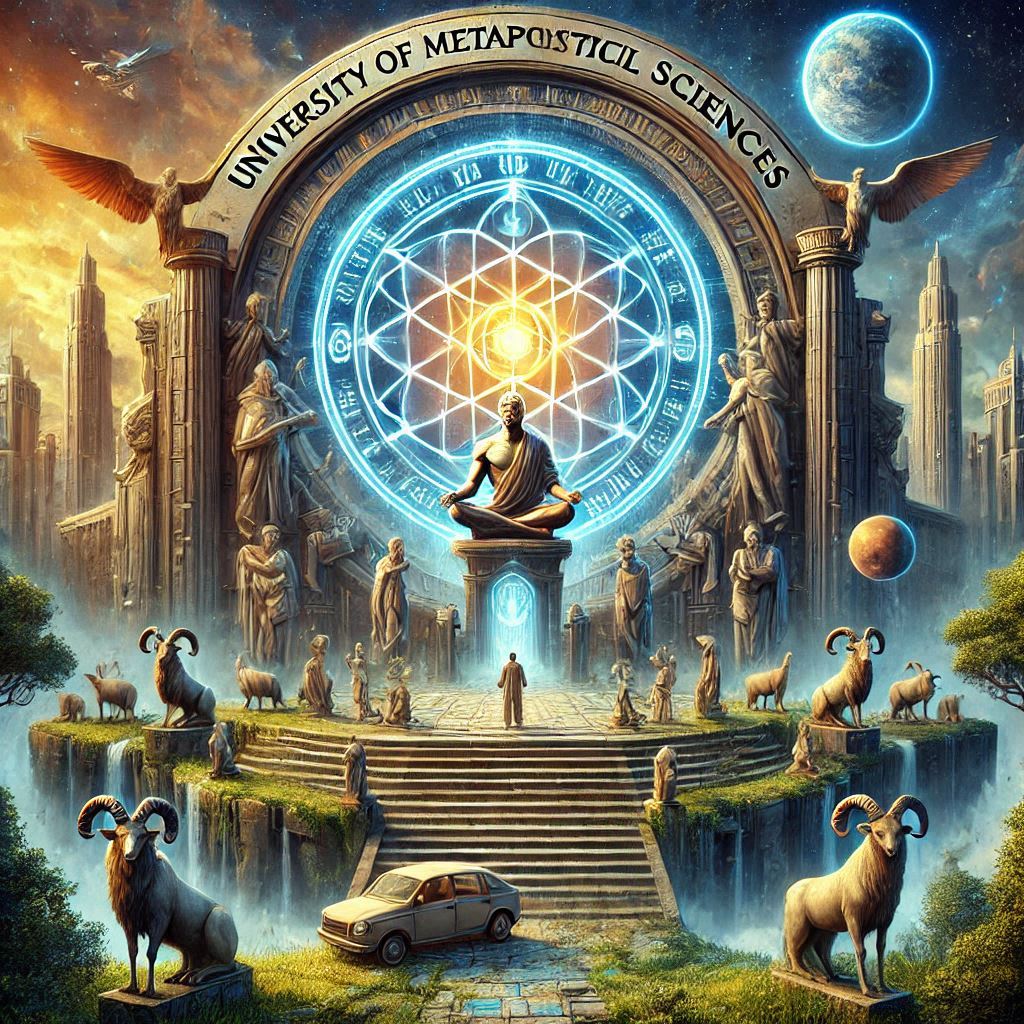University Of Metaphysical Sciences Lawsuit Update
The Ongoing Legal Battle: University of Metaphysical Sciences Lawsuit Update
The University of Metaphysical Sciences (UMS), a leader in non-traditional spiritual education, is embroiled in a high-profile lawsuit brought forward by the International Metaphysical Ministry (IMM). This legal conflict has raised significant questions about the recognition and regulation of alternative education. Here’s a comprehensive look at the case and its implications for the metaphysical community and beyond.
Understanding the Lawsuit
The lawsuit centers on claims made by IMM, which accuses UMS of engaging in fraudulent advertising, misrepresenting its programs, and failing to meet educational standards. Key allegations include:
- Misrepresentation: IMM asserts that UMS exaggerates the value of its degrees and certifications, potentially misleading students.
- Accreditation Concerns: Critics argue that UMS’s non-traditional accreditation lacks the rigor associated with conventional academic institutions.
UMS denies these claims, stating that its mission is focused on spiritual growth rather than conventional academic achievement. The university emphasizes that its students are fully aware of its alternative accreditation model, which is tailored to metaphysical and personal development.
The Stakes for Alternative Education
Potential Outcomes
- If IMM Wins:
- UMS may need to overhaul its course offerings, revise marketing strategies, and pursue stricter accreditation.
- Other alternative education institutions could face increased scrutiny or regulatory hurdles.
- If UMS Wins:
- A favorable ruling could validate its educational model, solidifying its position as a leader in metaphysical education.
- It may set a precedent for recognizing non-traditional education as a legitimate and valuable alternative.
Financial and Ethical Impact
IMM has reportedly spent over $1.5 million in legal fees, which critics argue could have been directed towards charitable efforts aligned with metaphysical principles. Meanwhile, UMS has managed its legal costs efficiently and has characterized the lawsuit as an act of predatory litigation designed to harm its reputation.
Implications for the Metaphysical Community
A Divided Reaction
This case has polarized the metaphysical community:
- Support for UMS: Many view the lawsuit as an attack on spiritual education and a threat to innovation in learning.
- Criticism of UMS: Others believe this legal scrutiny is necessary to ensure accountability and transparency in alternative education.
Raising Awareness
The lawsuit has inadvertently brought metaphysical sciences into the spotlight, prompting broader discussions about the role of spiritual studies in modern education and the importance of clear accreditation standards.
What Lies Ahead
The case’s final ruling, expected in June 2025, could significantly impact the future of UMS and similar institutions. Regardless of the outcome, this legal battle underscores the importance of balancing innovation with accountability in education.
- For Students: It’s crucial to understand the implications of accreditation when enrolling in non-traditional programs.
- For Educators: This case serves as a reminder of the need for transparency and compliance with legal and ethical standards.
Conclusion
The ongoing lawsuit against the University of Metaphysical Sciences is more than a legal dispute; it is a pivotal moment for alternative education and the metaphysical community. As the case unfolds, its outcomes will likely shape how spiritual education is perceived, regulated, and valued in the years to come. Stay tuned for updates as this story develops and continues to capture the attention of educators, students, and spiritual practitioners worldwide.







